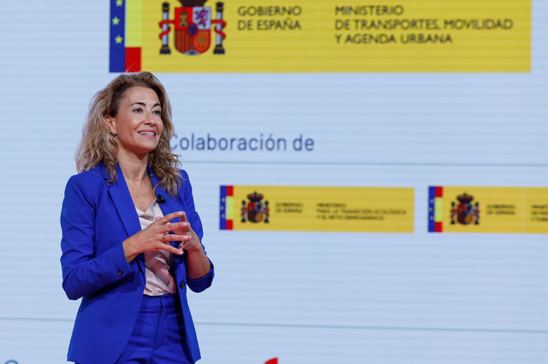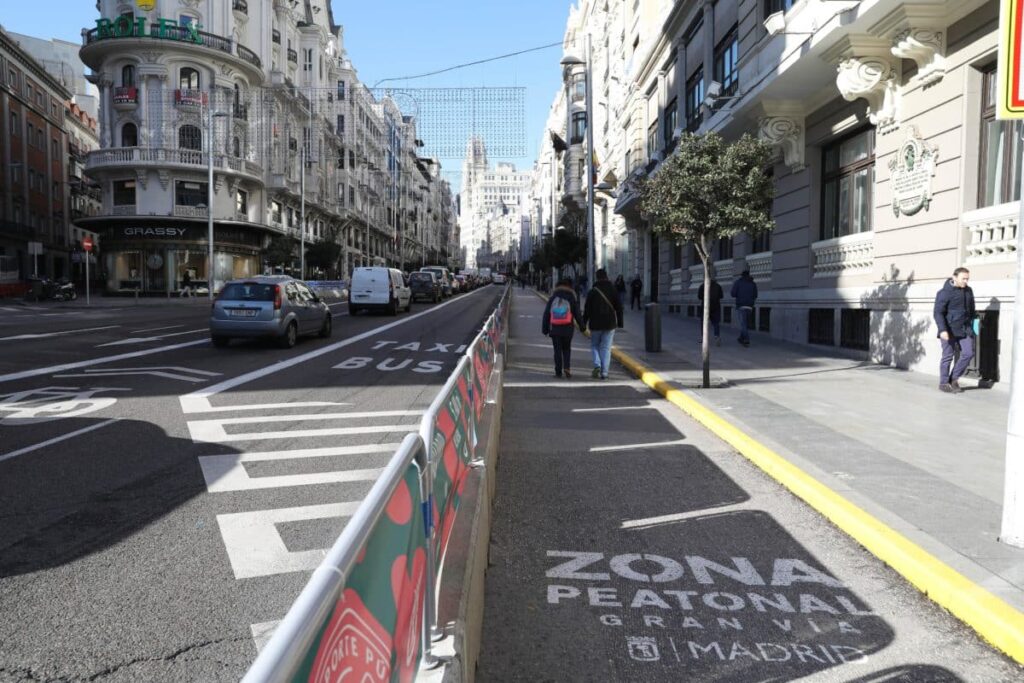After going through the worst part of the COVID-19 pandemic, the European Union (EU) activated the Recovery, Transformation and Resilience Plan (PRTR, for its acronims in spanish), which articulates the funds of the European program, also known as the Next Generation EU Fund.
The funding dedicates almost 20% of the budget -13.2 billion euros- to citizens, companies and public administrations to promote changes in cities in order to make them cleaner, more sustainable, safer and more connected.
In this regard, Spain, through the Ministry of Transport, Mobility and Urban Agenda (Mitma) approved 1 billion euros to promote sustainable mobility. The main objective is to accelerate the implementation of low-emission zones and the sustainable transformation of urban public transport.
Through a press release, the governmental portfolio detailed that the implementation of the subsidized projects will be closely monitored to ensure that the milestones and objectives agreed with the European Commission are met.

Cycle Lanes and Pedestrian Support
Mitma reported that 40.7% of the subsidies will be allocated to the development of active mobility, such as the construction and adaptation of some 1,000 kilometers of bicycle lanes or the pedestrianization of streets. 100 million euros will be earmarked for this purpose.
In addition, the implementation of public bicycle and other personal mobility vehicle rental systems will be financed with 48.9 million euros, and intermodality will be promoted.
Public Transportation
In this area, 19.4 % of the funds will be invested in promoting zero-emission fleets with the acquisition of some 648 zero-emission urban buses or the purchase of more than 45 electric vehicles for garbage collection.
Likewise, 16.5% of the aid will finance improvements in the efficiency of public transport, including the reinforcement of urban rail services and last-mile freight delivery.
In addition, 12.4 % of the 1 billion will be invested in mobility digitalization projects to improve public transport services, such as real-time information, route planning, digital payment and administration management.
According to the information provided by the ministry, aid will also be implemented to establish low-emission zones. In this section, 11% of the aid will be used to finance 62 projects and 31 complementary actions for their implementation or the reinforcement of existing ones.
The municipalities will receive a first advance payment of 675 million euros in the summer, while the second installment will be made in 2023.




